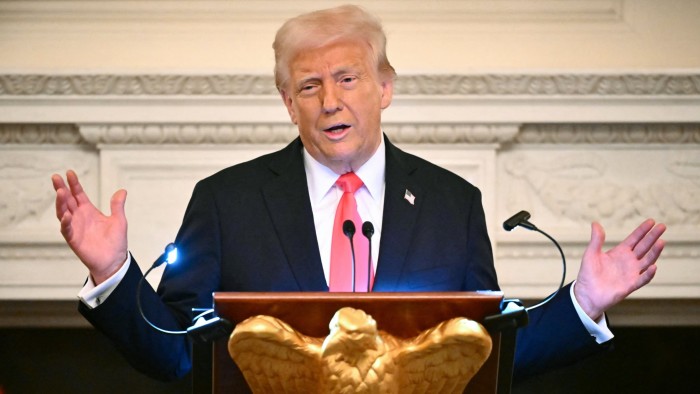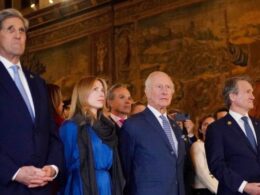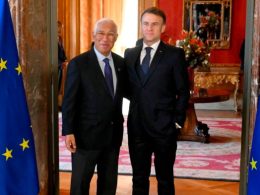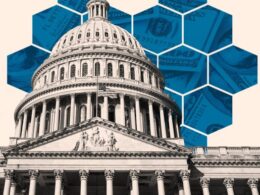Unlock the White House Watch newsletter for free
Your guide to what the 2024 US election means for Washington and the world
Alongside the “Signalgate” scandal this week, much of the business world was talking of something else: law firm Paul Weiss’s decision to capitulate and cut a deal after coming under attack by Donald Trump. New York’s Columbia University folded to the White House, too, agreeing to change governance practices after threats that it could lose billions of dollars of federal funding. Some organisations are resisting Trumpian pressure. Others — in business, higher education and the media — are succumbing, rather than standing up to a president whose authoritarian leanings threaten great damage to them and to the rule of law in America.
Many people will have some understanding for Paul Weiss’s pledge to provide $40mn of pro bono advice to support the US administration and eschew diversity policies, in return for the withdrawal of an executive order that had targeted the firm. The first priority for leaders of organisations is to ensure their survival, for the sake of personnel, investors and consumers of their goods and services. Brad Karp, the Paul Weiss chair, said his move to settle with the White House was driven in part by fiduciary duty to employees.
Karp said the firm had initially prepared a lawsuit, but chose to settle after it became concerned that the presidential order was scaring off clients and new business. Yet some other law firms, including Perkins Coie and two newly targeted by the White House this week — Jenner & Block and WilmerHale — have chosen to fight back in the courts.
Amid the administration’s crackdown on universities over their diversity policies and handling of pro-Palestinian protests, meanwhile, Princeton president Christopher Eisgruber has spoken out in defence of Columbia and academic freedom. University leaders, he said, should “speak up and litigate forcefully to protect their rights”. Some academics argue that targeted universities should dip deeper into their hefty endowments to replace any lost federal funding. Yet that eats away at the pillars of their future financing.
Indeed, the first weeks of Trump’s second presidency have provided an eye-opening lesson on the extent to which not just non-profit groups but US businesses of all sizes rely on federal funding or contracts. That gives considerable leverage to a White House that chooses to wield it.
In response, organisations face a collective action problem. If one makes a deal, the administration may be more tempted to pick off its counterparts. And there are tricky trade-offs. By compromising to secure its safety today, a company may embolden a government whose assaults on legal checks and balances could leave everyone worse off in the future.
Some business leaders have acted together, including auto CEOs who attempted to warn the administration of the damage they would suffer from tariffs on car imports — though to little avail. Business associations have an important role in speaking up and organising co-ordinated action.
Organisations cowed by Trump might take heart from the beginnings of a fightback by Congress and the courts. The scandal of officials discussing military plans on Signal roused Democrats and even a few Republicans from their torpor. A federal judge, James Boasberg, ordered the White House to preserve the contents of the Signal chat. This was the same judge Trump called to impeach last week after Boasberg tried to block his deportations of alleged Venezuelan gang members — earning the president an indirect rebuke from US Chief Justice John Roberts. Some judges have reportedly been targets of soft intimidation. For them, and for many Americans in other fields, standing up to Trump’s democratic rollback may demand deep reserves of courage.
Source link









